Lead book review
How Noddy and Big Ears conquered the world
Love her or loathe her, Enid Blyton and the safe, sunny world she cleverly marketed will remain a publishing phenomenon, says Sam Leith
A glimpse of the real Patricia Highsmith through her diaries and notebooks
Through her diaries and notebooks we finally catch a glimpse of the real Patricia Highsmith, says Christopher Priest
The life of René Magritte was even more surprising than his art
René Magritte’s life, so outwardly respectable, was as full of surprises as his art, says Philip Hensher
BOOKS OF THE YEAR II — a further selection of the books chosen by our regular reviewers
A further selection of the books enjoyed by some of our regular reviewers in 2021
Books of the Year I — chosen by our regular reviewers
Reviewers choose the books they have most enjoyed reading in 2021 — and a few that have disappointed them
Yours disgusted, H.G. Wells: the young writer finds marriage insufferable
After a wretched childhood, H.G. Wells was ruthless in making up for lost time, says Frances Wilson
Bright, beautiful and deceptively simple: the art of the linocut
Charlotte Hobson describes the complicated relationship of two artists who championed simplicity
Has George III been seriously maligned?
Americans regard George III as a power-crazed petty tyrant – but he was the very opposite, says Kate Maltby
Another haphazard Booker shortlist lacks literary competence
Philip Hensher finds this year’s Booker shortlist more concerned with serious world issues than vivid characterisation
Pink for boys, blue for girls and a worldwide mania for mauve
Honor Clerk explores the history of the world through colour, from the Stone Age to orbiting the Moon
From salivating dogs to mass indoctrination: Pavlov’s sinister legacy
Peter Pomeranzev describes the refinement of thought-control techniques over the past century – and the worldwide competition to employ them
Try forest bathing – by day and night – to ward off depression
Anyone who spends time among trees senses how good that is for their physical and mental wellbeing, says Ursula Buchan
Most people who call themselves Caucasian know nothing about the Caucasus
A magnificent new history of the Caucasus earns Peter Frankopan’s highest praise
A dutiful exercise carried out in a rush
The final volume of Peter Ackroyd’s History of England feels like a dutiful exercise carried out in a hurry, says Philip Hensher
Hubris, blunders and lies characterised the war in Afghanistan from the start
There was certainly no shortage of excellent advice about war in Afghanistan offered to many American leaders by many people over many years, says Justin Marozzi
W.G. Sebald’s borrowed truths and barefaced lies
Why did W.G. Sebald risk his reputation by telling such strange, repeated lies, wonders Lucasta Miller
Churchill as villain – but is this a character assassination too far?
Revisionist biographies of Churchill are nothing new but this one lays the hostility and contempt on with a trowel, says Andrew Roberts
An interest in the bizarre helps keep melancholy at bay
Philip Hensher finds Robert Burton’s perception of the world and the human condition endlessly fascinating
The disappearing man: who was the real John Stonehouse?
Craig Brown describes his various encounters with the MP who notoriously faked his own death in 1974
Playing with fire — did QAnon start as a cynical game?
The QAnon conspiracy theory may be absurd, but it can’t be ignored. It has already led to significant acts of violence, says Damian Thompson
The US tech companies behind China’s mass surveillance
Tom Miller describes how Xinjiang became a laboratory for China’s mass surveillance system – built with the help of US tech companies
Oh! Calcutta! Amartya Sen’s childhood memories brim with nostalgia
From Bengali schoolboy to citizen of the world – Amartya Sen’s autobiography is a joy, says Philip Hensher
The short, unhappy life of Ivor Gurney — wounded, gassed and driven insane
Andrew Motion describes the inner turmoil of the neglected poet Ivor Gurney


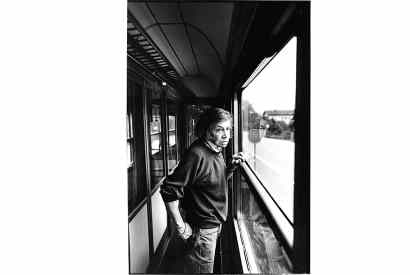
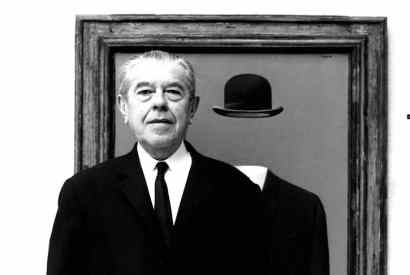


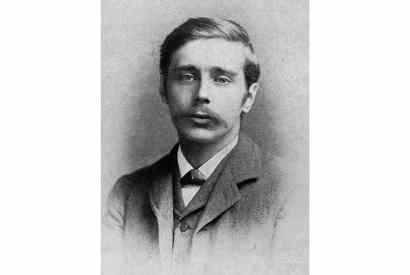
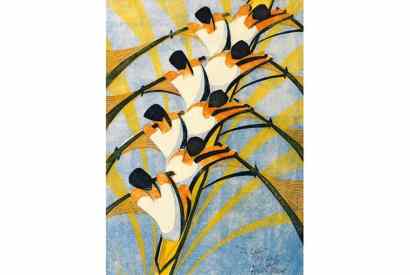
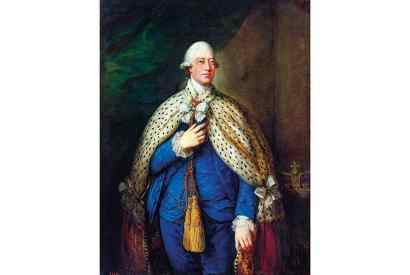
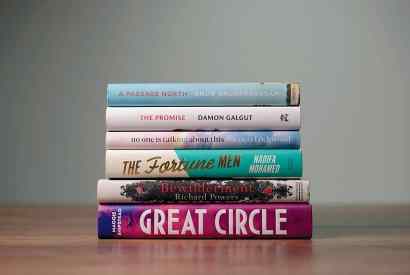
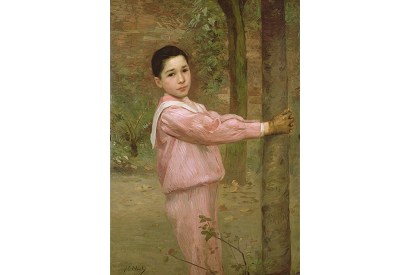
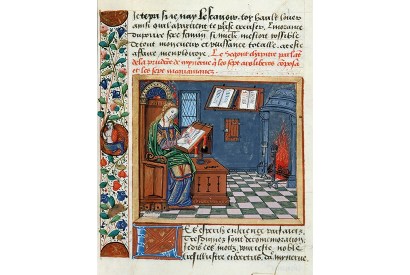
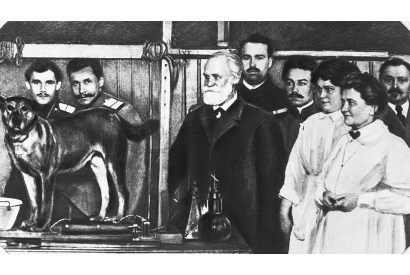


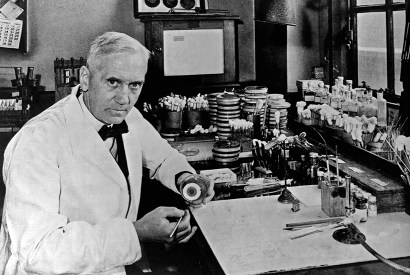

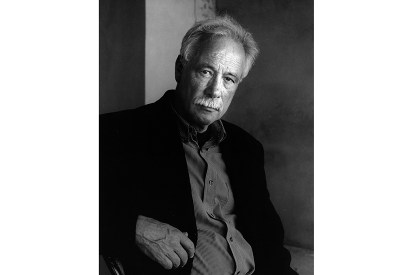
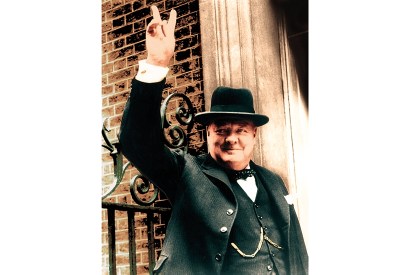

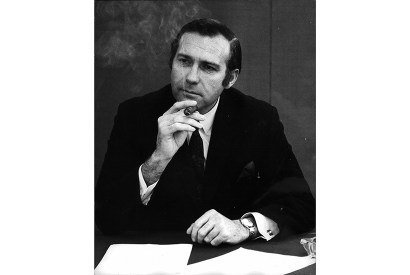

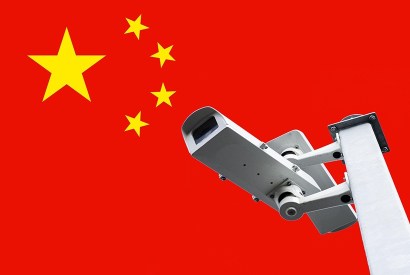

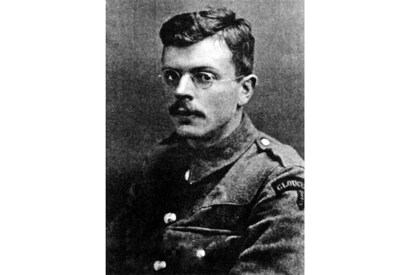






Roberto Calasso’s retelling of the Hebrew Bible is both exasperating and beguiling
Robert Alter 18 December 2021 9:00 am
Robert Alter is both exasperated and beguiled by Roberto Calasso’s intellectual potpourri